Mozambique: Russia's foreign minister says Moscow may help with military aid - Watch
Mozambique: Teacher Policy and implementation strategy launched – Watch
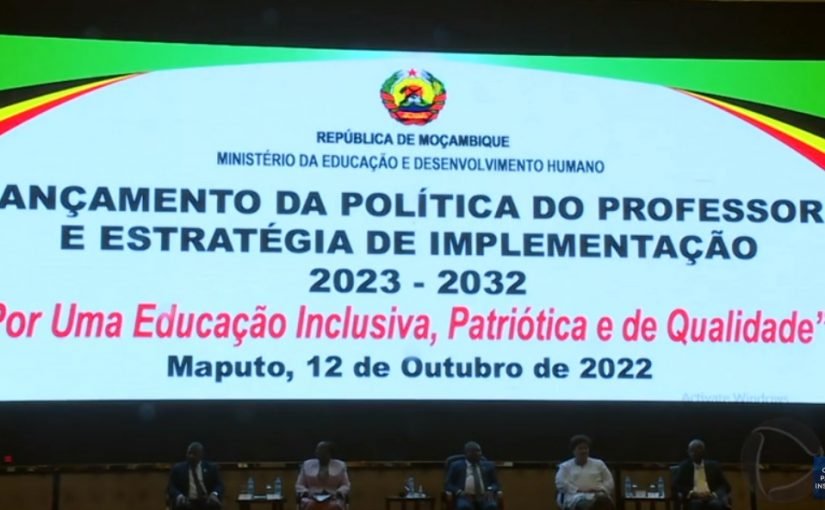
Screen grab: Miramar
Mozambican President Filipe Nyusi on Wednesday launched in Maputo the new Teacher Policy and its implementation strategy for the period 2023- 2032.
The Teacher Policy covers all levels of teaching, from early childhood education to university lecturer, and addresses issues such as career development, qualifications, recruitment, teacher management, among other issues.
This Policy will also allow the harmonization and alignment of all legal policies and guidelines concerning the teaching profession.
Speaking at the launching of the document, as part of the celebrations of Teachers’ Day, Nyusi said that the Teacher Policy is part of government’s efforts to ensure every citizen’s access to quality education.
“Education is a fundamental right which empowers individuals and communities by facilitating the exercise of other human rights, including the right to development, work, choice, information, economic, social and cultural rights,’ he noted.
He added that the Policy, the first in Mozambique as an independent country, is of great significance as it aims at professionalising, valuing, dignifying and standardising the teaching profession towards quality education.
The document mandates the development and implementation of professional standards and qualifications, bases for the national framework for enrolment, registration and access to a professional card.
Nyusi pointed out that the education sector is resilient, taking into account the major setbacks endured recently which led to the displacement of students and teachers, destruction of school infrastructures, temporary suspension of classes, depriving hundreds of thousands of children of their right to study.
However, said the President, there are gains made by the education sector with the outbreak of the Covid-19 pandemic. For example, once again, teachers were in the front line disseminating messages containing measures to protect against and combat the disease, mobilising and using innovative approaches.
He revealed that at the time of transition from the colonial era statistics indicated a very small number of schools, students and teachers.
‘Currently, there are in the country over eight million students in more than 13,000 schools, more than 50 higher education institutions, among public and private, and more than 150,000 teachers,’ he said.
On literacy, he said the country’s youth and adult illiteracy rate fell from 44 to 39 per cent.
‘These achievements were possible thanks to the combined efforts of the government, civil society organisations and our cooperation partners,’ he stressed.




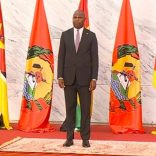
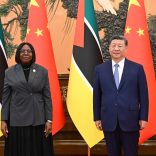
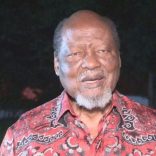
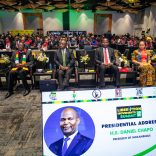




Leave a Reply
Be the First to Comment!
You must be logged in to post a comment.
You must be logged in to post a comment.